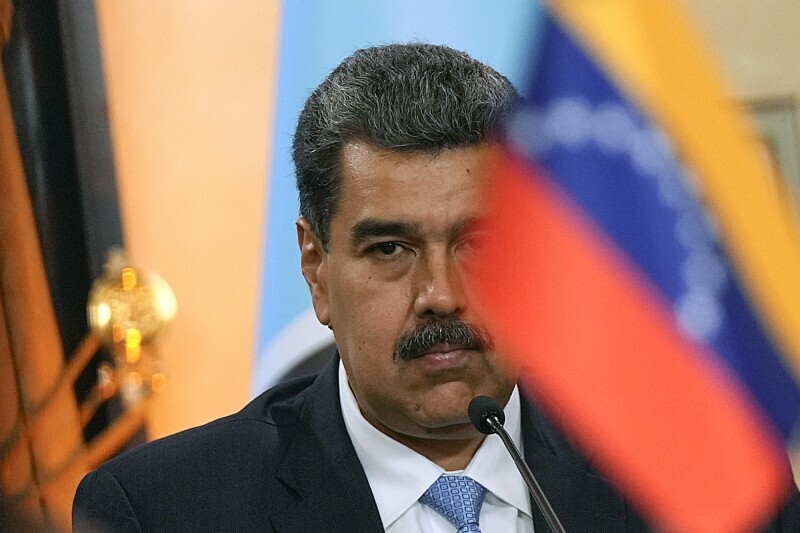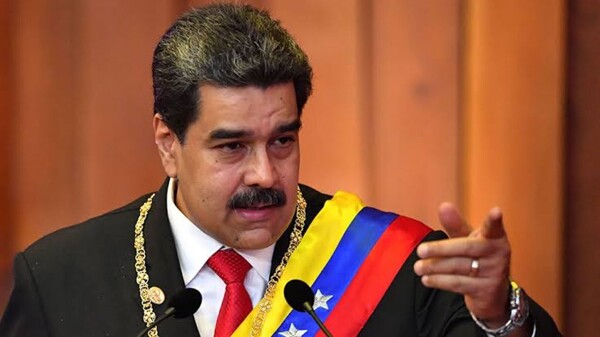
The oil sector does not support Donald Trump's proposal to reduce crude prices that have risen due to the situation in the Middle East. However, operations in Venezuela remain attractive, and geopolitics favors companies. Trump's appointment of Tulsi Gabbard, who has a favorable stance toward Russia, as National Intelligence Director supports this assertion.
The White House has backed these moves in the past month, despite the lack of evidence of fraudulent re-election by Nicolás Maduro. The relationship between Trump and the oil sector also influences policy toward Latin America, especially with the imminent rise of Marco Rubio as Secretary of State, who has been critical of Chavismo.
Trump met with top sector executives in Texas in early October to discuss deals that originated at a previous dinner attended by Chevron executives, a company associated with PDVSA in Venezuela. This complicates the imposition of stricter sanctions on Maduro, as executives prefer deregulation, although they show no interest in exploiting in the United States as Trump suggests.
Venezuela is the third-largest crude exporter to the United States, after Canada and Mexico. The meeting in Texas was organized by Jeff Hildebrand of Hilcorp, and it is reported that the oil sector contributed more than $14 million to Trump's campaign. Companies like Chevron, Baker Hughes, and Halliburton operate in Venezuela with permits that allow them to maintain their presence and continue their business in the South American country.













